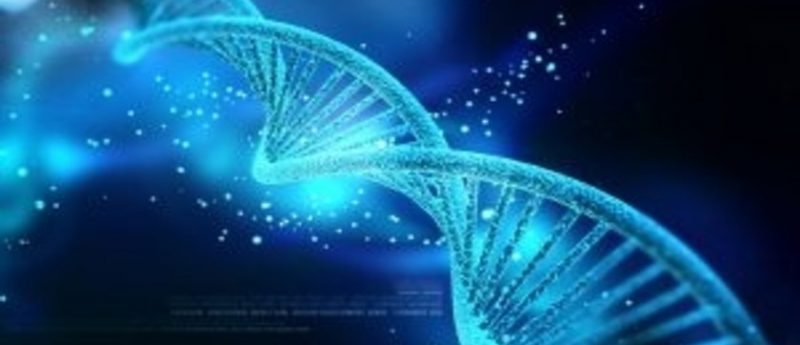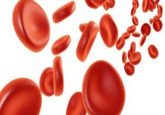New substance could overcome treatment resistance in leukemia patients

Hematologists from Goethe University Frankfurt (Germany), in collaboration with Fusion Pharma (Moscow, Russia), have successfully created a novel active substance that can attack the most aggressive types of Philadelphia chromosome-positive leukemia (Ph+) in preclinical tests, both in vitro and in vivo. The findings were published recently in Leukemia.
Treatment for patients with Ph+ has notably improved in recent years, and the chances of Ph+ patients being cured has therefore greatly increased. Despite this, resistance to the medication available has become more prevalent and a high percentage of patients are now resistant to the available therapies.
Patients possessing the Philadelphia chromosome develop either chronic myelogenous leukemia or acute lymphatic leukemia, both of which can be treated with targeted molecular therapy. Such therapies involve use of selective kinase inhibitors that are able to directly target the cancer inducing gene BCR/ABL; however, this becomes ineffective for many patients after extended treatment. Currently, ponatinib is the only substance that can overcome the majority of clinical resistance, but it can only be used with extreme caution due to some potentially life-threatening side effects.
The study team aimed to develop a kinase inhibitor that could target Ph+ leukemia as effectively as ponatinib, but with reduced side effects. The results presented by the team indicate that the inhibitor developed, termed PF-114, matches the efficacy of ponatinib in these resistant leukemias.
“These results provide the basis for the administration of PF-114 in treatment-resistant patients with Ph+ leukemia. The favorable efficacy and good side effect profile now need to be further tested on patients in clinical Phase I studies,” explained investigator Martin Ruthardt (Goethe University Frankfurt).



